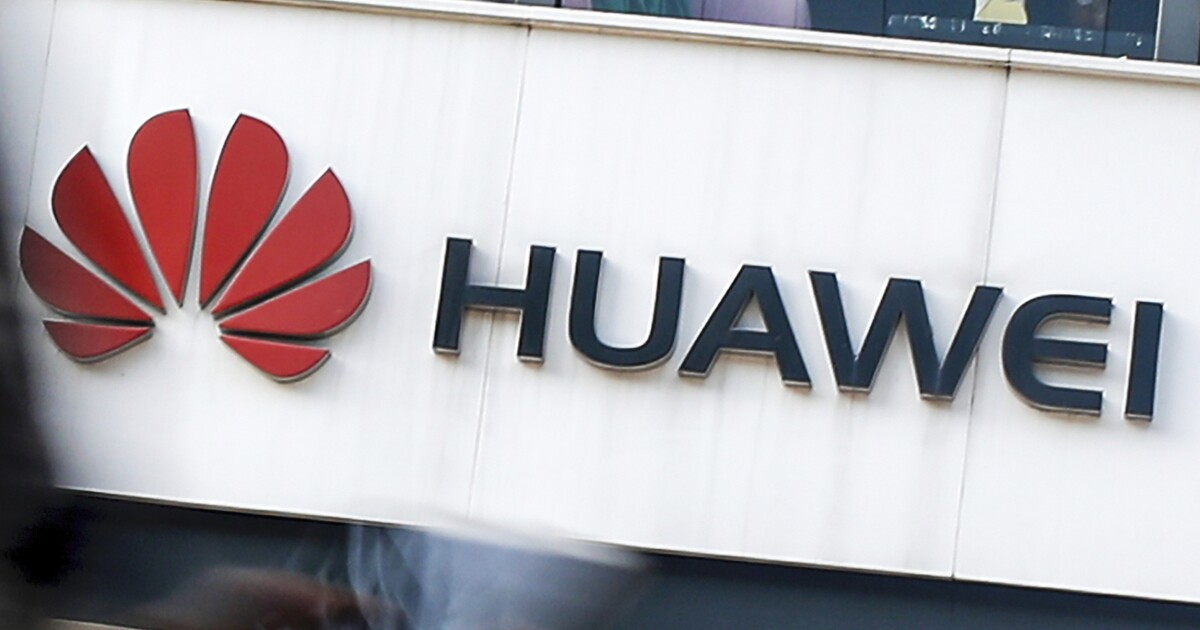

The release of a new smartphone, the Huawei Mate 60 Pro, created a major stir in U.S. national security circles because its hardware suggests that China might have abilities to manufacture high-quality military technology that the U.S. has been trying to deny it.
The Commerce Department launched an official probe on Thursday into the Mate 60 Pro, a smartphone that Huawei quietly launched this week in international markets. While Huawei has been involved in the smartphone market for years, the chip used in the Mat 60 Pro surprised China experts, who did not realize that the country had access to the ability to manufacture powerful 5G chips. It also led some to speculate about whether China would have access to similar quality chips that could be used for military purposes, such as powering artificial intelligence or quantum computing.
FBI HEAD CHRISTOPHER WRAY PUSHES FOR RENEWAL OF ‘ABSOLUTELY VITAL’ SPYING POWER
Here’s why the federal government is scrutinizing the components of a Chinese company’s latest mobile phone.
Huawei has been blacklisted since 2019, which means that it is unable to buy or sell products in the United States. The Mate 60 Pro has a 7-nanometer 5G Kirin 9000s processor installed, a chip that will allegedly provide users with better communications and more stable network connections. This chip was made by the China-based Semiconductor Manufacturing International Corp, which is similarly blacklisted. Production of the 7-nm chip would require high-grade manufacturing tools that national security experts believed that China did not have access to. That’s why the federal government is trying to understand how this chip was made.
“We are working to obtain more information on the character and composition of the purported 7nm chip,” a Commerce spokesperson said in a statement sent to Bloomberg. “Let’s be clear: Export controls are just one tool in the U.S. government’s toolbox to address the national security threats presented by the PRC. The restrictions in place since 2019 have knocked Huawei down and forced it to reinvent itself — at a substantial cost to the PRC government.”
White House National Security Adviser Jake Sullivan said on Thursday that the Biden administration could not do anything about the release of the Mate 60 Pro until they “get more information about precisely its character and composition.”
China slammed the probe, calling it an abuse of U.S. power. “We oppose politicizing trade and technology issues and overstretching and abusing the concept of national security. The U.S. has abused state power to suppress Chinese companies,” Mao Ning, a spokesperson for the Chinese Foreign Ministry, said on Friday. Mao added that such moves violate the principles of free trade and serve no one’s interests.
Title: “Huawei’s Mate 60 Pro: China’s Tech Surge Under U.S. Scrutiny”
Huawei’s Mate 60 Pro: 7nm chips, Western 5G speed in months. HarmonyOS readies for Android alternatives. U.S. probes, recent sanctions intensify tech race. pic.twitter.com/rNUtxaezg4
— Wisdom Of Technlogy (@WisdomOfTECH) September 8, 2023
While China’s ability to manufacture high-grade chips has been scrutinized heavily by federal agencies, at least one analyst does not believe the device threatens national security.
“The phones don’t really matter relative to other more pressing technology export concerns,” Ryan Koontz, a senior equity research analyst at Needham and Company, told the Washington Examiner. Koontz said that the phones are not a threat to national security since they would need the 5G network they’re connected with to be controlled by the Chinese to be used for surveillance. He discouraged government employees from using the mobile device but otherwise argued that a warning was all that was necessary.
The restrictions on Huawei are not the only ones that the U.S. has adopted. Biden implemented a series of export controls in October 2022, limiting the abilities of companies like Huawei and SMIC to get U.S.-manufactured chips without a proper license. This export control was expanded in the following year with additional restrictions designed to limit China’s other tech manufacturing companies from access to the latest chips on the market.
The most recent development was an August executive order that allowed the Treasury Department to restrict all new investments into China-owned semiconductor, quantum, or AI-focused companies. It will also likely require U.S. investors to disclose any previous transactions they may have had with Chinese businesses involved in the three industries.
Biden’s export controls had detrimental effects on the Chinese economy, forcing China to build its own semiconductor manufacturing plants. The Chinese government is expected to launch a $40 billion investment fund to help Chinese companies build their semiconductor factories in the coming months.
CLICK HERE TO READ MORE FROM THE WASHINGTON EXAMINER
Huawei has been a particular focus for federal agencies for several years. The Federal Communications Commission banned its telecommunications equipment in the U.S. due to risks of the technology being used to practice surveillance in the U.S. The Commerce Department stopped approving licenses for U.S. companies to export products to Huawei in January. Commerce Secretary Gina Raimondo also stated in April that she would apply export controls to Huawei’s cloud computing branch.
The probe occurred within days of the Chinese government announcing plans to expand its ban on the use of iPhones by government-backed agencies and companies. The ban resulted in Apple losing $200 billion in market capitalization in two days as its stock dropped more than 2%. China accounts for one-fifth of all iPhone sales in the world.



